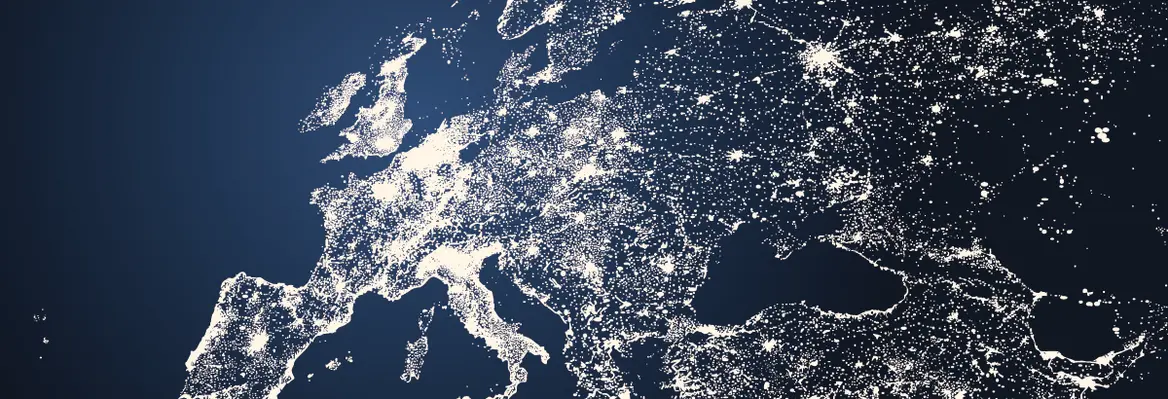In a post-Trump world, many commentators point to this moment as the opportunity for Europe to coalesce around a shared vision. But is this really a time for optimism, or is this hope misplaced? Head of the LSE's European Institute, Simon Glendinning, argues that instead of optimism for Europe’s renewal, we should look to the interwar German philosopher Oswald Spengler as a prophetic guide to our new age of strongmen. If we are to navigate our new world of Caesars, we should look to Spengler and his record of uncomfortably accurate predictions.
As a preference for so-called ‘strongman’ leaders begins to grow again across the European-West, a preference for leaders with the authority to ignore or override democratic institutions, Oswald Spengler’s writings on world history once again look increasingly prophetic. Spengler’s perspective certainly goes against the grain. Attempts to understand what is going on in the present generally only have a minimal historical framing. Explanations of significant events—changing voting patterns in national and European elections, or interest rate cuts by central banks, or an uptick in strikes over pay, for example—can be proposed without appealing to anything so extravagantly ambitious as a conception of world history.
___
Spengler’s study of our world in decline is, in my view, increasingly unavoidable.
___
There is, however, another way in which what is happening in our time might be taken as a suitable object for study: not simply explaining events now unfolding in the world of the European-West but attempting to provide a deeper understanding of the world within which these events unfold.
When I started to pursue that ambition, Oswald Spengler’s history of the European-West in terminal decline was hardly visible to me. But, today, I think his work demands our attention. If we ask, with respect to the European-West, what is happening in our time? We cannot but know that, today, the destiny of our world may itself be in question. And with its fate in the balance, Spengler’s study of our world in decline is, in my view, increasingly unavoidable.
Spengler began to develop his ideas as early as 1911, but the bulk of the writing for what became Der Untergang des Abendlandes (fairly translated as ‘The Decline of the West’ although the title can also be read more poetically, as ‘The Downgoing of the Evening-Lands’) took place during the war years, with the complete work appearing in two weighty volumes between 1918 and 1922. The book struck a powerful chord and became an unlikely bestseller.
___
European-West, which emerged, he thinks, around AD 1000, is destined, like every culture, to run its course in a little over 1,000 years
___
The centrepiece of Spengler’s text is a wholesale rejection of the idea of a single, linear history of ‘Man’ that encompasses all human cultures, a history of a transition for ‘Man’ from ancient primitiveness through to some civilised modernity – with des Abendlandes, the nations of the European-West, at the head of that universal history. No, says Spengler, there is no such single, linear history. Instead, we simply see the blossoming across the earth of various great cultural formations: the Egyptian, Babylonian, Indian, Chinese, Arabian, Mexican (Aztec, Maya), Classical (Greco-Roman), Western, and perhaps still in its infancy, Russian.






















Join the conversation